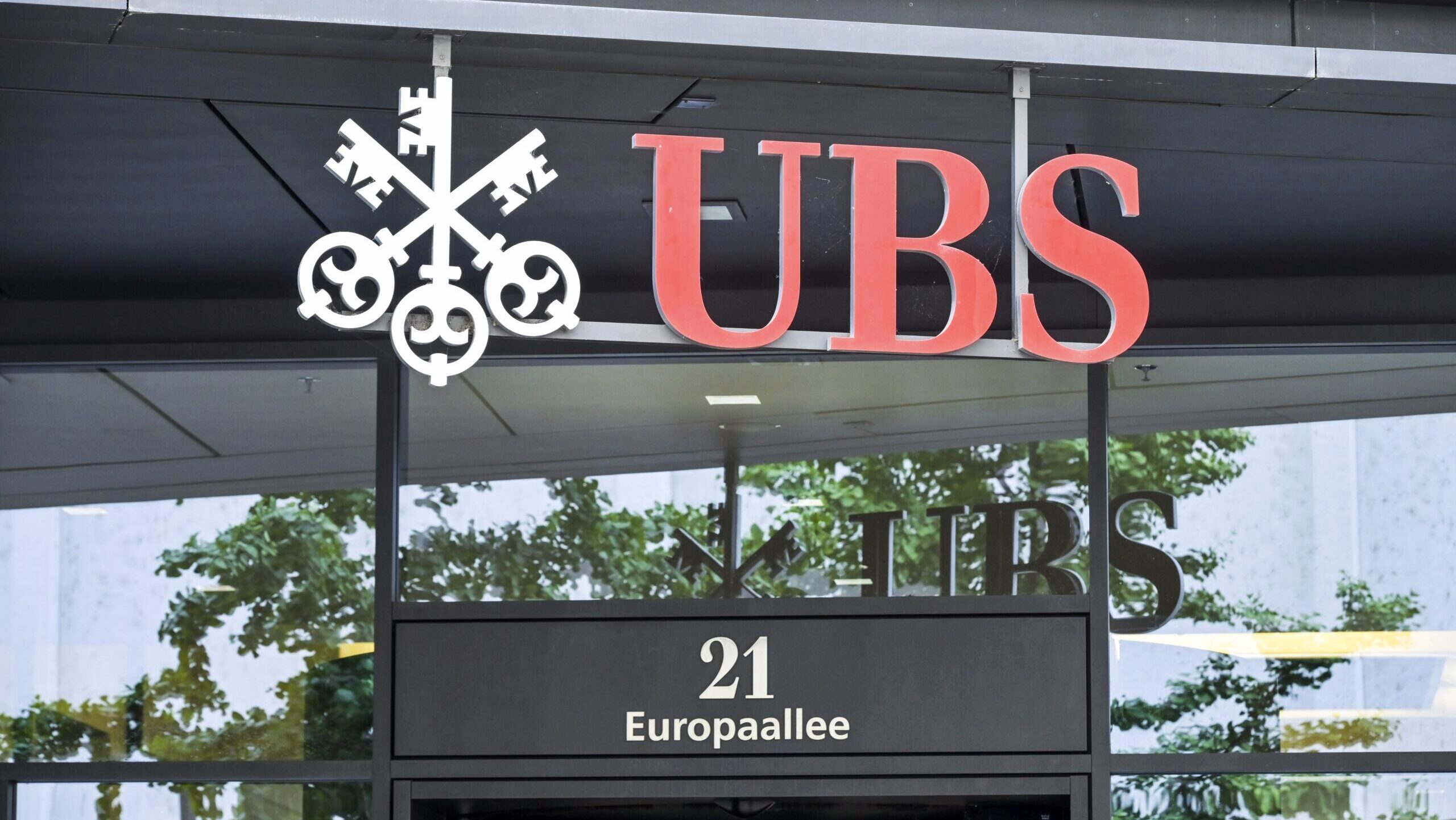Self-Help or Self-Sabotage? Activist’s Proposal for UBS to Leave Switzerland Risks Spiking Costs
In 2009, UBS reportedly threatened to leave the country if it deemed post-fiancial crisis regulations to be heavy-handed.

Sign up for smart news, insights, and analysis on the biggest financial stories of the day.
In June, the Swiss government laid out a proposal to compel UBS to add $26 billion to its reserves, and last week, Swiss parliamentarians cleared the way for the country’s Federal Council to directly impose $11 billion worth of that.
UBS, to no one’s surprise, is lobbying policymakers to soften their position, arguing the bank will be left at a competitive disadvantage. An activist investor with a 1.4% stake in the bank is calling for a drastic bargaining tactic: Prepare to up and leave Switzerland, possibly even to join Wall Street.
UBS – S = US
So far, this is a polite, measured impasse — UBS CEO Sergio Ermotti is on record stating his firm wants to “continue to operate as a successful global bank based out of Switzerland.” The Swiss government, for its part, is still sweating over 2023. That’s when officials brokered UBS’s acquisition of failed investment banking giant Credit Suisse, leaving some afraid this made UBS not only too big to fail but also too big to bail out.
UBS is pressing the government to roll back its June proposals, which would force UBS to fully capitalize its foreign subsidiaries. Short of concessions, activist investor Cevian said last week that the new capital proposals would make it “not viable” to run a global investment bank in Switzerland. “We therefore see no other realistic option but to leave,” Cevian cofounder Lars Förberg told the Financial Times. An even more inflammatory report in the New York Post said UBS officials have already met with the Trump administration about moving the bank’s headquarters to US shores. But, back home in Switzerland, where the initial grumblings starting to leak out are seen as more negotiating tactic than threat, many pointed out it’s not as simple as that:
- Zurich-based broadsheet Neue Zürcher Zeitung noted that because of strict stress tests on banks in the US, UBS’s American subsidiary actually has a higher core capital ratio than its Swiss units. Meanwhile, if the bank were to move to the US, its large Swiss business would be considered a foreign business in its home country and would likely face stricter capital requirements in Switzerland. A double whammy.
- Public broadcaster Schweizer Radio noted UBS, if it moved to the US, UK, Hong Kong or Singapore, would also have a hard time retaining international clients who are drawn to Switzerland for its longstanding foreign policy commitment to neutrality: “To the US, perhaps New York? That would scare off Asian clients who don’t want their money in a US bank.”
History Repeating: In 2009, Swiss media reported that UBS threatened to leave the country if it deemed regulations imposed in the wake of the financial crisis to be heavy-handed. Nothing came of it. One thing that would certainly make everyone happy is clarity. The FT noted Cevian hoped UBS shares could double in value in three to five years from the time its stake was disclosed in late 2023. Instead, they’ve been stuck in quicksand with the new capital proposals hanging over them, rising less than a quarter since.











